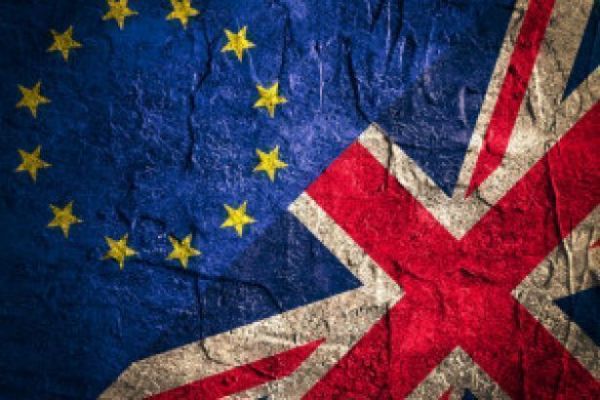Ireland’s all-island drinks industry faces unique risks associated with regulatory divergence and trade border controls after a hard Brexit, according to the representative body for Ireland’s drinks manufacturers and suppliers. The impact of a variety of different Brexit scenarios on Irish trade were outlined in the Copenhagen Economics report, which was commissioned by the Department of Business, Enterprise and Innovation and will be discussed at an event in Croke Park today (Wednesday February 21).
Speaking ahead of the event, Patricia Callan, Director of the Alcohol Beverage Federation of Ireland (ABFI), said, “Irish whiskey, Irish cream liqueur and poitín are protected at an EU level in a similar manner to Champagne in France or Parma hams in Italy. This means that these Geographic Indicator (or GI) spirits must be produced on the island of Ireland, in accordance with certain production practices and standards. As this protection covers the ‘island of Ireland’, these products can be made in both Northern Ireland and the Republic. As such, post-Brexit, these three Irish spirits GIs will be the only ones to carry such protections where production takes place both in the EU and outside the EU.
“With this in mind, it’s vital that the same level of legal recognition and enforcement remains in place for these three spirits after Brexit, as any regulatory divergence could result in the serious undermining of standards and protection of these products. In the final EU-UK agreement it is also vital that GI spirits produced in Northern Ireland can continue to be labelled ‘Product of Ireland’. We would also call on the UK Government to ensure that any future trade agreements negotiated with countries outside the EU should include a requirement recognising and protecting the GI of the three all-island spirits.”
The ABFI also highlighted that the Irish drinks industry operates on an integrated all-island basis, with seamless cross-border supply chains between Northern Ireland and the Republic of Ireland. This includes, for example, malted barley produced in one jurisdiction being transported to the other to make Irish whiskey.
Commenting on the potential risks associated with the drinks industry supply chain being impacted by a harder border, Callan said, “If the UK insists on leaving the Customs Union and Single Market, then the possible reintroduction of a hard border between Ireland and Northern Ireland could result in delays, costs and bureaucracy. During phase one of the EU-UK negotiations, both parties committed to avoiding a hard border on the island of Ireland. We are calling for these commitments to be fully translated into robust legal form as part of the withdrawal agreement.”
Callan also highlighted the need for tariff-free access to the UK market after Brexit, saying, “The UK remains an important market for Irish drinks products, particularly for Irish whiskey, Irish cream liqueur and beer, including craft beer. It’s vital that the final EU-UK agreement ensures tariff-free access for Irish drinks to the UK market.”









